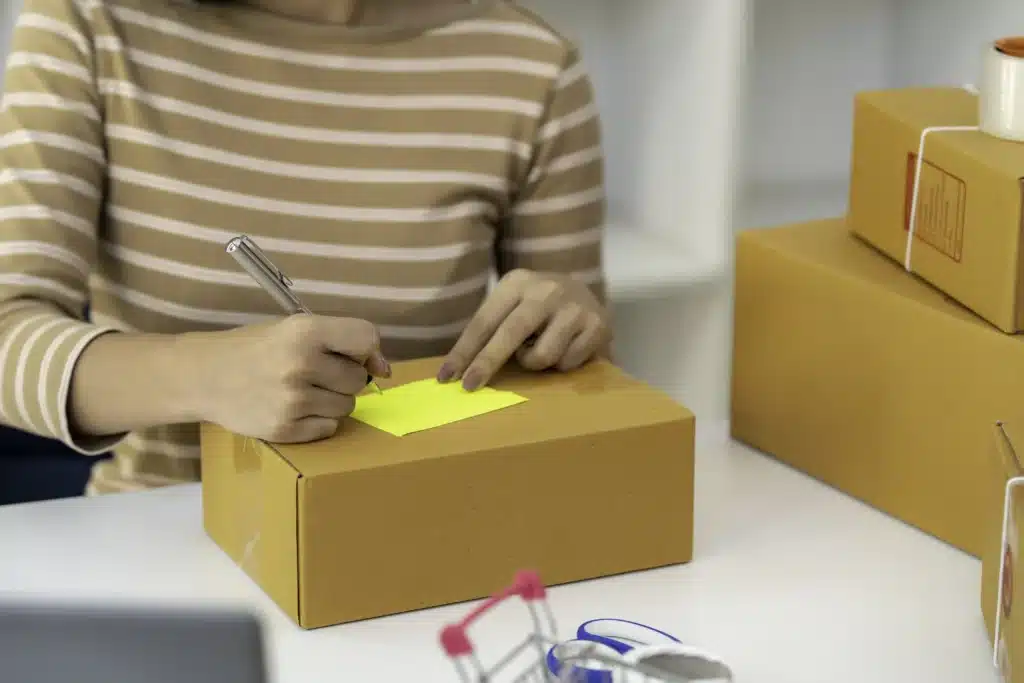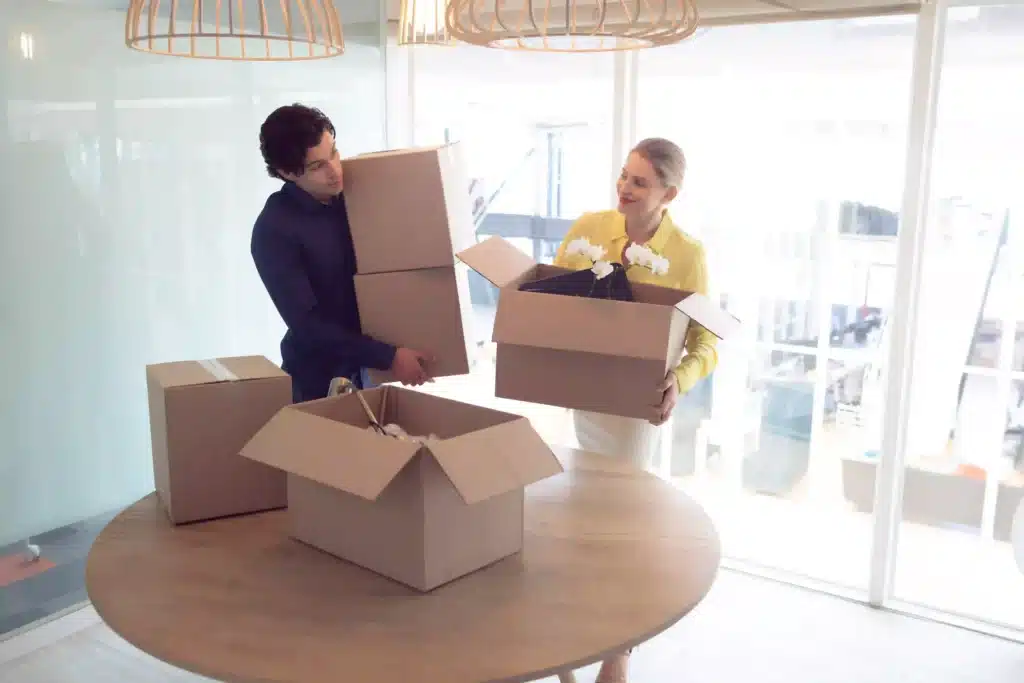Packing always feels like the most overwhelming part of moving. Boxes pile up, items get misplaced, and suddenly the whole process feels stressful. That’s why following proven tips for making a packing schedule can change everything. With the right plan, we can turn chaos into calm, giving you more time to focus on the excitement of your move rather than the stress of it.
Why a Packing Schedule Matters
Without a clear plan, moving often feels endless. Many of you start one box, then realize tape is missing, then remember the kitchen still isn’t done, it’s a cycle that never seems to finish. A schedule breaks this down into small tasks you can actually manage. We’ve seen how much smoother things go when families stick to a timeline instead of rushing in the final hours.
And it’s not just about the move itself. A good schedule also helps protect fragile items, ensures you don’t overpack, and makes unpacking easier. With our storage solutions, we always encourage structure because it means your belongings are handled with care instead of crammed in a panic.
Proven Tips for Making a Packing Schedule

Start Earlier Than You Think
Most people underestimate how long packing takes. Begin at least two to three weeks before moving day. Even if you only fill one box a day at the start, it adds up quickly. Early progress creates momentum, and momentum keeps stress levels down.
Break It Down by Rooms
Trying to pack the entire house in one go is overwhelming. Focus on one room at a time. For example, Monday could be for the living room, Tuesday for the bedrooms, Wednesday for storage areas. Smaller milestones keep you motivated and make progress easier to track.
Set Daily or Weekly Goals
Schedules don’t work if they’re too vague. Instead of saying, “pack this week,” try writing, “pack three boxes from the kitchen by Thursday.” This clarity helps you measure progress, and checking tasks off gives a sense of accomplishment.
Don’t Forget the Essentials Box
As part of the schedule, reserve time to prepare an “essentials box.” This should include daily items like toiletries, medications, phone chargers, and maybe even coffee. We’ve seen people struggle because they packed their toothbrush too early.
Common Mistakes to Avoid
Rushing at the last minute is the biggest mistake. It often leads to broken items, mixed-up boxes, and a lot of unnecessary stress. Another mistake is ignoring labeling. Even the best schedule falls apart if boxes aren’t clearly marked. Finally, overloading boxes is a common issue. A schedule should include limits on how heavy each box can be so movers, and your back, stay safe.
Extra Strategies That Actually Work
- Color Coding: Assign colors to rooms for quick identification.
- Time Buffers: Leave a day or two open in your schedule for unexpected delays.
- Decluttering: Add a step to donate or discard items before packing. This saves space and effort later.
- Use Technology: Simple calendar apps or reminders can help you stay on track with your packing plan.
The Stress-Free Advantage of Scheduling
When we help customers with storage, we notice that those who follow a packing schedule arrive calmer and more prepared. Their boxes are easy to stack, fragile items are protected, and unloading takes half the time. Stress is replaced with relief, because everything feels under control.
Following tips for making a packing schedule isn’t about being rigid, it’s about creating breathing room. The schedule gives you control instead of letting the move control you.

Bringing It All Together
At the end of the day, moving doesn’t have to feel like chaos. With a clear schedule, thoughtful labeling, and small daily progress, everything runs smoother. Packing becomes less of a burden and more of a step-by-step journey.
If you’re looking for storage options that make the process even easier, we at The Storage Place are here to help. Our goal is to keep your belongings safe and your moving experience stress-free. And if you’d like to understand when storage might be most useful during your move, you can also read our guide on when temporary storage is essential.
